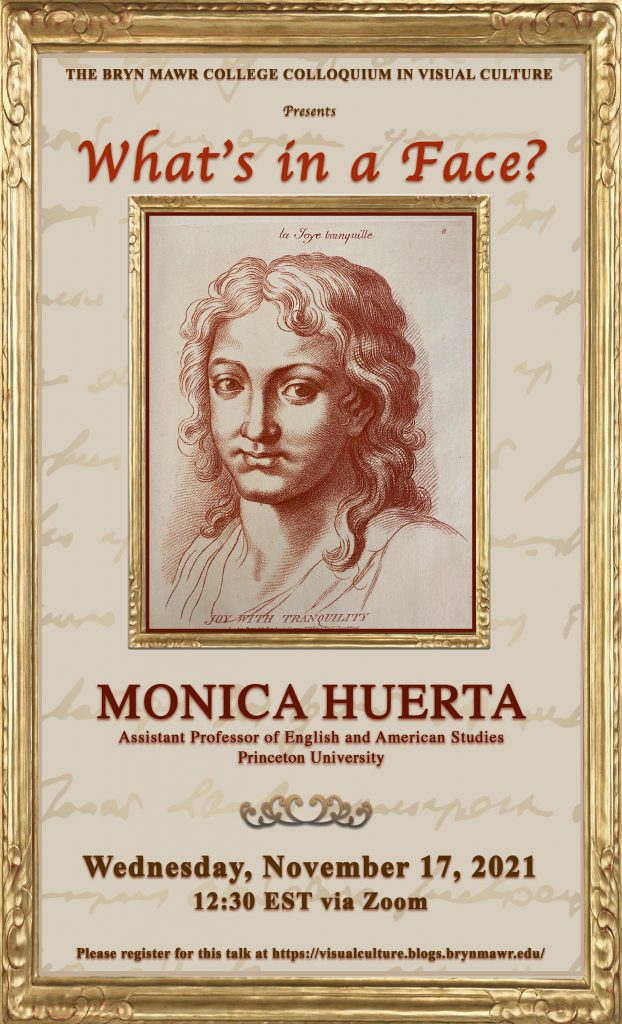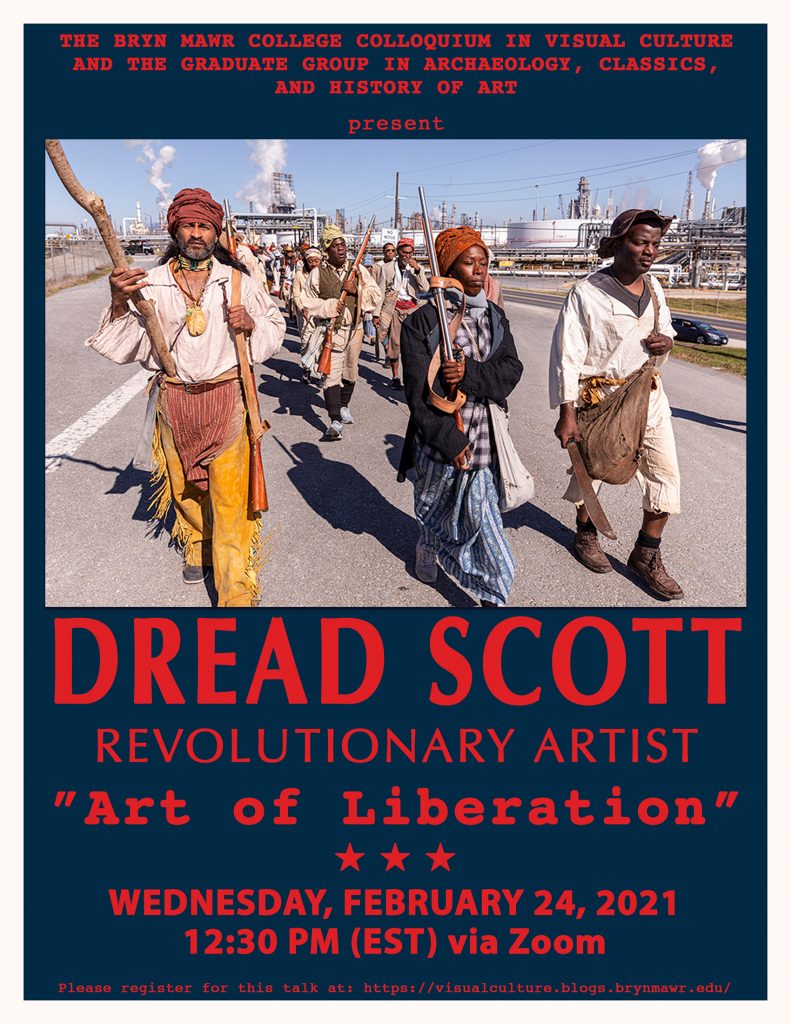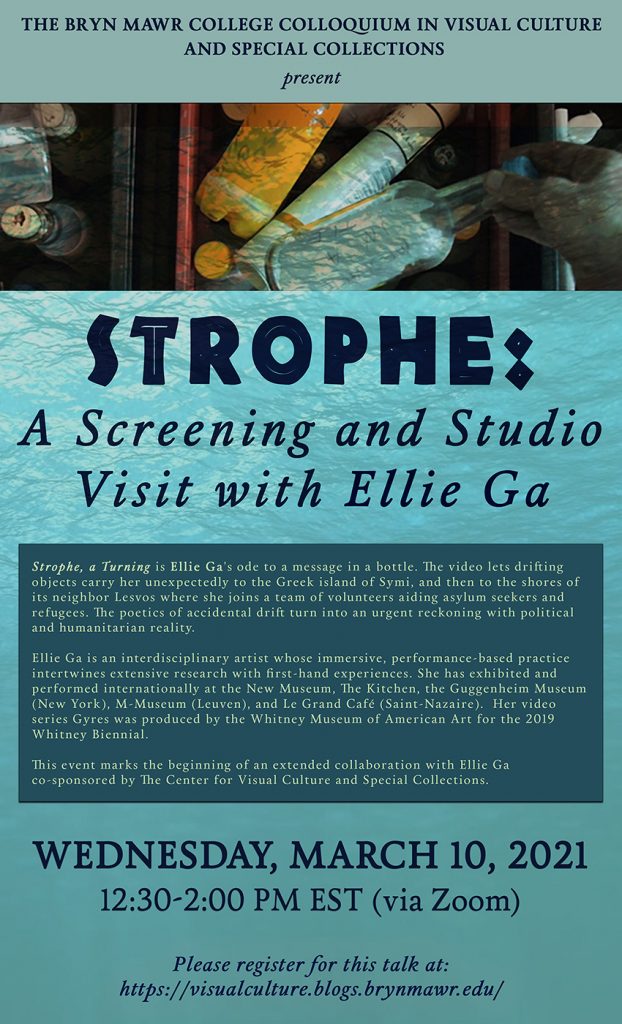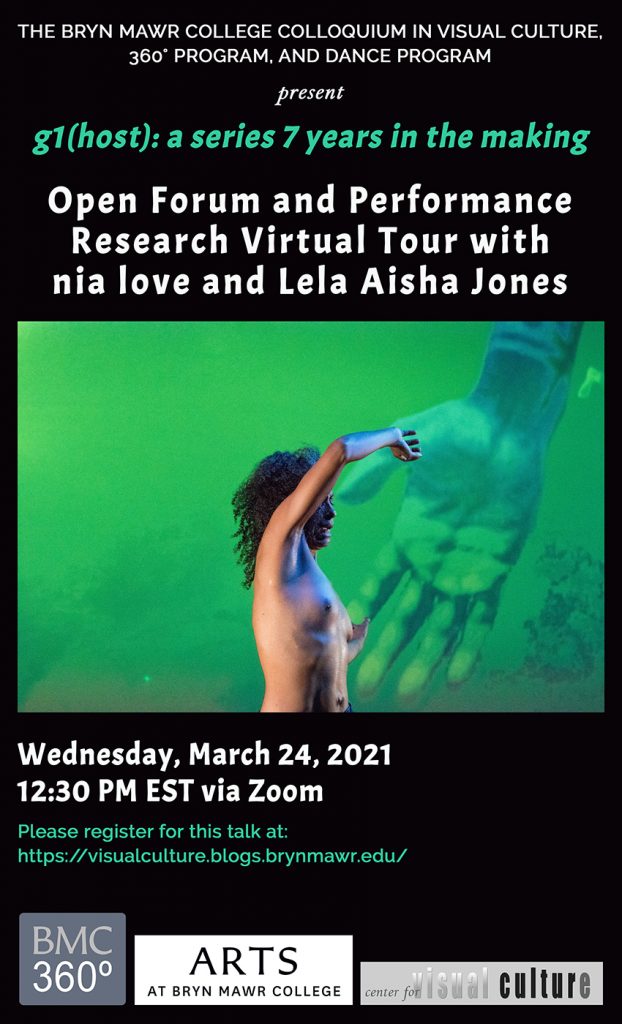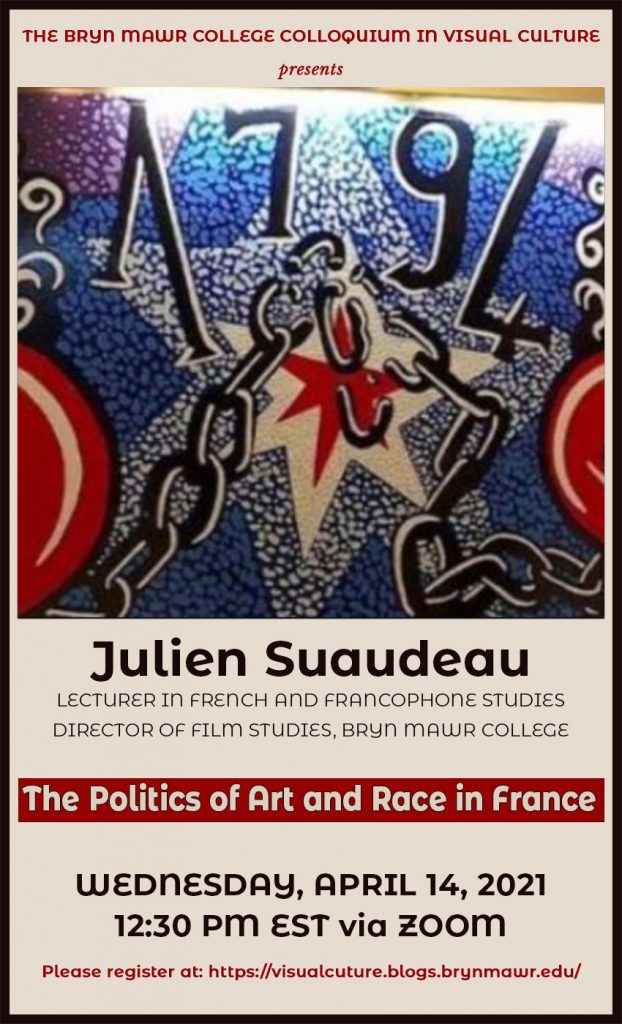Amanda Phillips
Associate Professor, Islamic Art and Material Culture
Department of Art, University of Virginia
“Seeing Labor: Textiles, Art, and Artisanship”
Textiles sit between several fields of study, and even between disciplines. Individual objects may be treated as works of art, while written sources and archaeology attest to the scale of their production, trade, and consumption, suggesting some types are best understood as commodities. Taking this tension into account, this talk makes a preliminary step in exploring how art historians and scholars of material culture might use extant objects to understand how artisans worked, and to propose some new ideas about processes and decision-making or perhaps even authorship. It uses several examples—a large silk hanging made ca. 1400, velvet upholstery woven ca. 1600, and a blue and white cotton made ca. 1700s—to work through ideas of labor, skill, and technology, and some possible implications for the study of art and craft.


